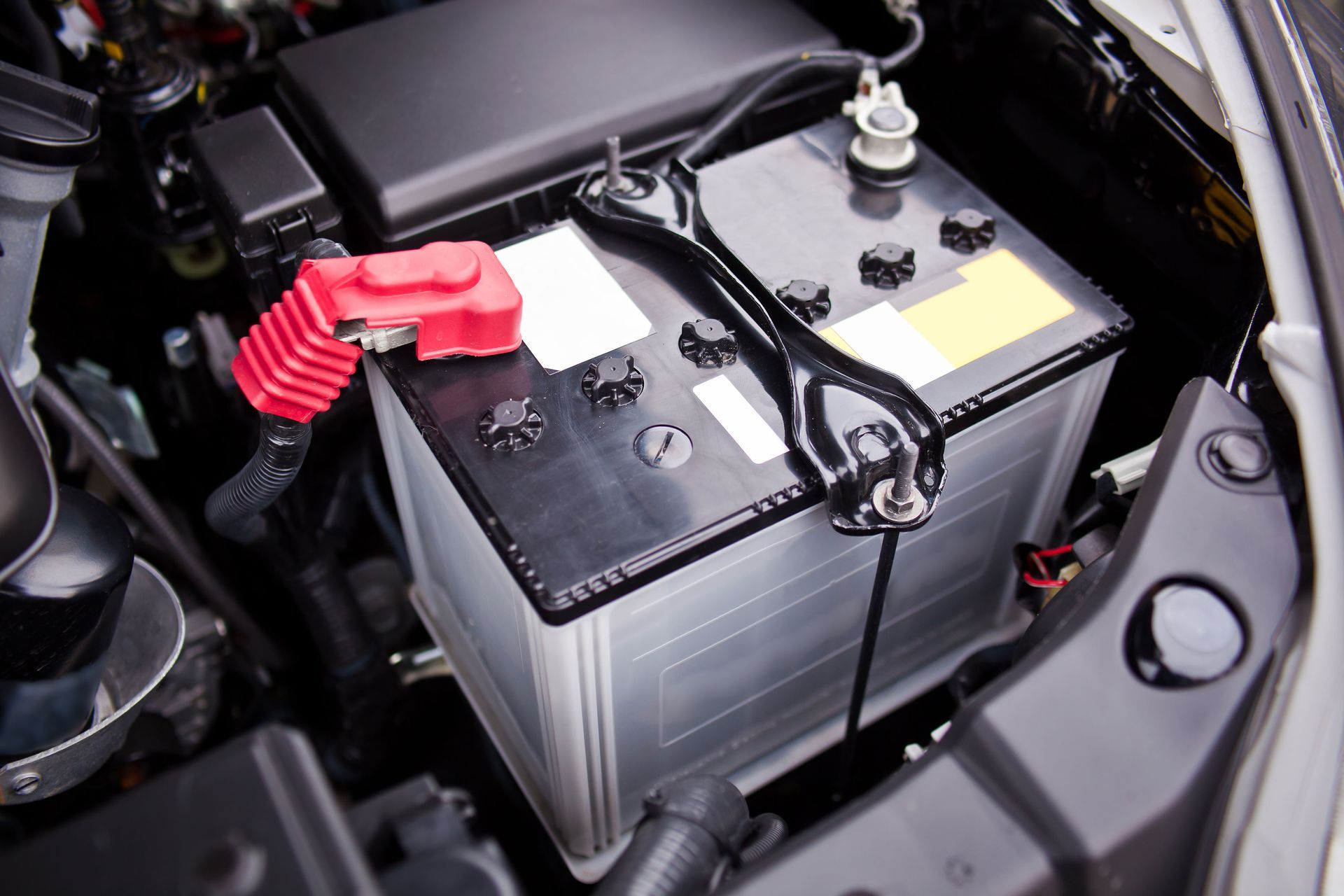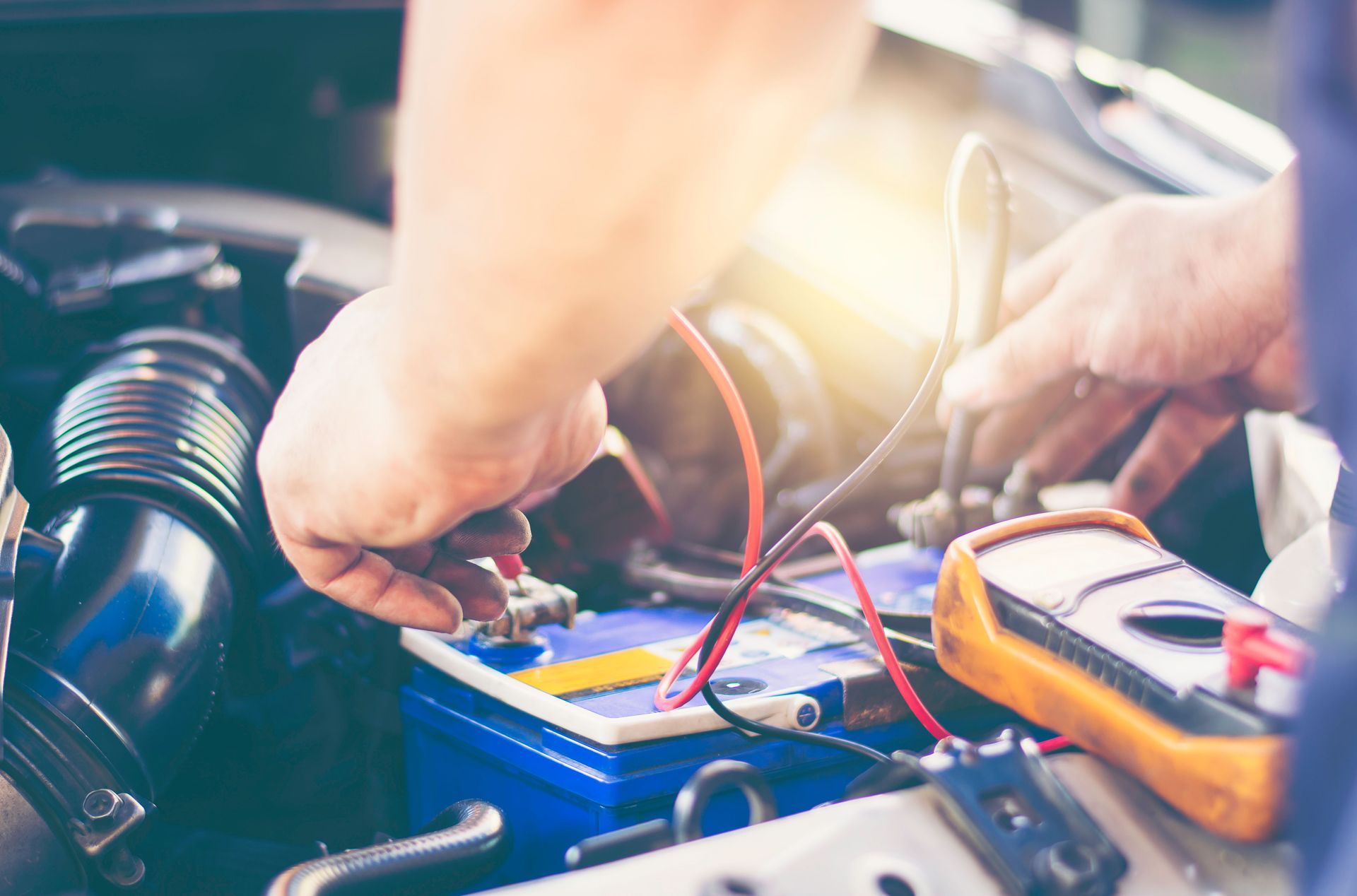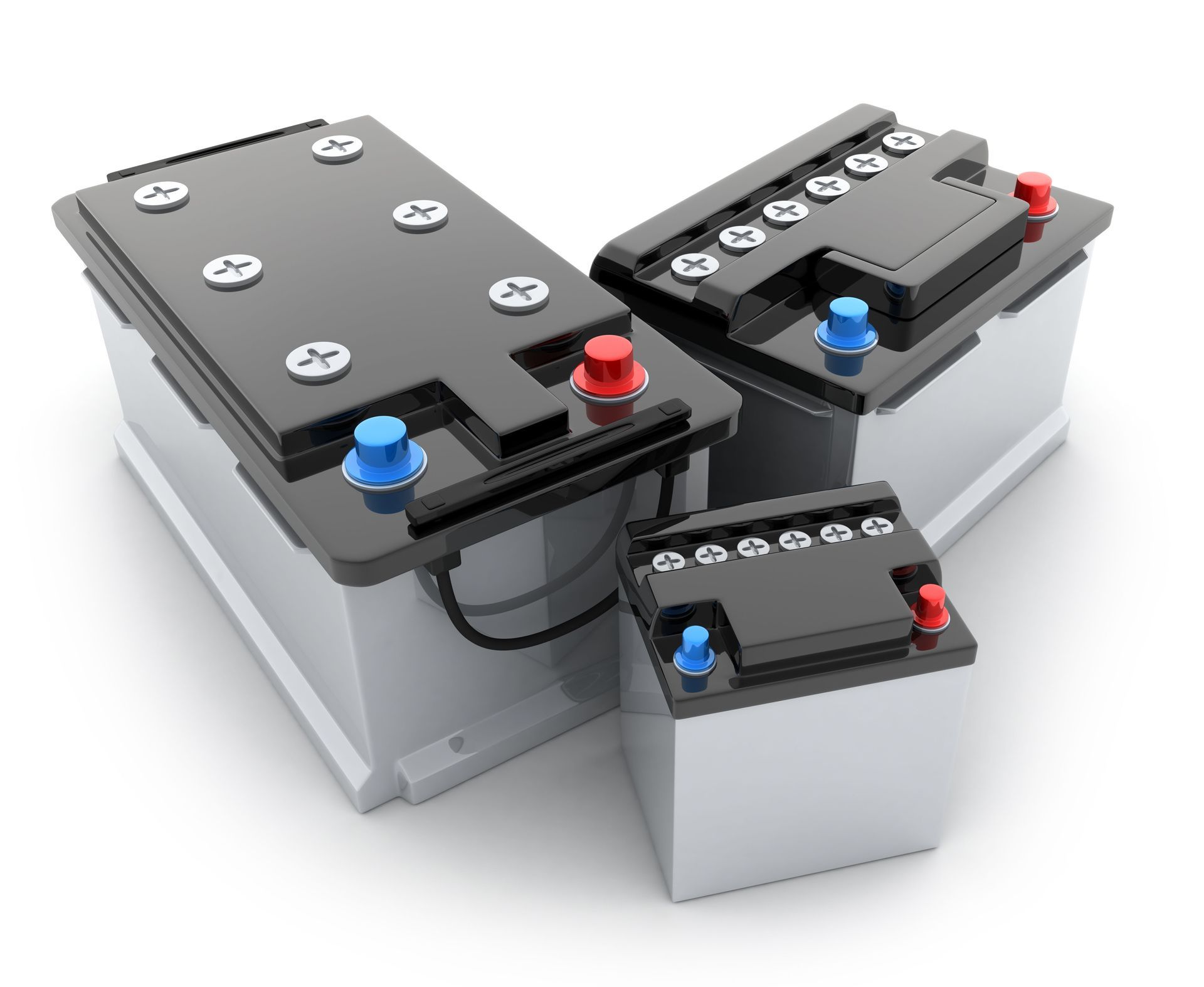5 Factors to Consider for Your Car Battery Replacement
Has your car been indicating the need for a new battery? A car battery replacement is a routine maintenance task that every vehicle owner will likely face. However, not all batteries are created equal, and decision-making can become confusing with various options available in the market. A battery is not just a battery — it’s a vital component of your car’s electrical system that ensures smooth starts and can affect the performance of your entire vehicle. Hence, evaluating the important factors for choosing the right battery replacement is crucial for the health of your car and your peace of mind. This guide will delve into the key factors you should consider before making your next car battery purchase.
1. Understand the Battery Type
Car batteries come in various types, including lead-acid, gel cell, and lithium-ion. We've found that lead-acid batteries are the most common and often the least expensive option. However, if you're looking for something with a higher performance and longer lifespan, gel cell batteries might be worth investigating, although they generally come with a higher price tag, according to our experts. The type of battery you choose should align with your driving habits and vehicle needs.
Another important consideration is the specific requirements of modern vehicles, especially those equipped with advanced electronics or start-stop systems. Many newer vehicles require batteries with enhanced cycling capabilities, such as lithium-ion, to support the increased energy demands. These battery types are also better suited for vehicles with regenerative braking systems or frequent short trips that don’t allow traditional lead-acid batteries to fully recharge. Understanding your vehicle's unique requirements is key to selecting a battery type that will provide optimal performance and longevity.
2. Check the Battery Size
Not every car battery replacement will fit your car. Batteries are available in different sizes, and it is crucial to choose one that fits perfectly in your vehicle’s battery tray. Refer to your owner’s manual to know the exact group size you need. Installing the wrong size can lead to complications such as unstable battery placement and inconvenient electrical malfunctions.
Besides fitting the battery tray, it's also essential to ensure that the battery terminals are in the correct orientation for your vehicle. Batteries have either top-post or side-post terminals, and choosing the wrong type can lead to difficulties in connecting the cables or potential short circuits. Double-check the terminal layout and position specified in your vehicle’s owner’s manual to avoid installation issues and ensure a secure connection for optimal performance.
3. Evaluate the Battery’s Amp-Hour (Ah) Capacity
The amp-hour (Ah) rating of a battery stipulates how much electrical charge a battery can deliver. According to J.D. Power, an average car battery has a capacity of around 48 amp hours. It's vital to ensure that the battery you choose has a sufficient amp-hour rating to meet your vehicle’s electrical demands. Higher capacity can mean more reserve power, especially if you tend to use your car for demanding tasks requiring more electricity.
4. Look for the Right Brand
Choosing a reputable battery brand can make a significant difference for your car battery replacement. High-quality brands often provide more reliable products that have undergone thorough testing. It’s advisable to opt for a brand known for quality so you can enjoy a battery that lasts as long as possible on the road.
5. Consider Your Climate
Even climate is a factor worth considering, as temperatures play a crucial role in the life of your car's battery. Extreme heat can accelerate chemical reactions in the battery, leading to faster degradation. Make sure to choose a battery designed to withstand the environmental conditions typical in your area. Certain batteries are specifically manufactured to handle hot weather better, ensuring longer life and reliability.
Choosing the right car battery replacement requires a careful assessment of several critical factors. From battery type and size to considering amp-hour capacity and brand reputation, each of these elements plays a pivotal role in ensuring that your vehicle remains running smoothly and efficiently. You should also always keep in mind your local climate conditions for optimal performance. By doing so, you empower yourself to make a knowledgeable decision that can extend the lifespan of your vehicle and enhance your driving experience. For more helpful tips about your car's battery, reach out to the experts at Jefferson Battery Co Inc. We can get you started today with free testing and charging!









Share On: